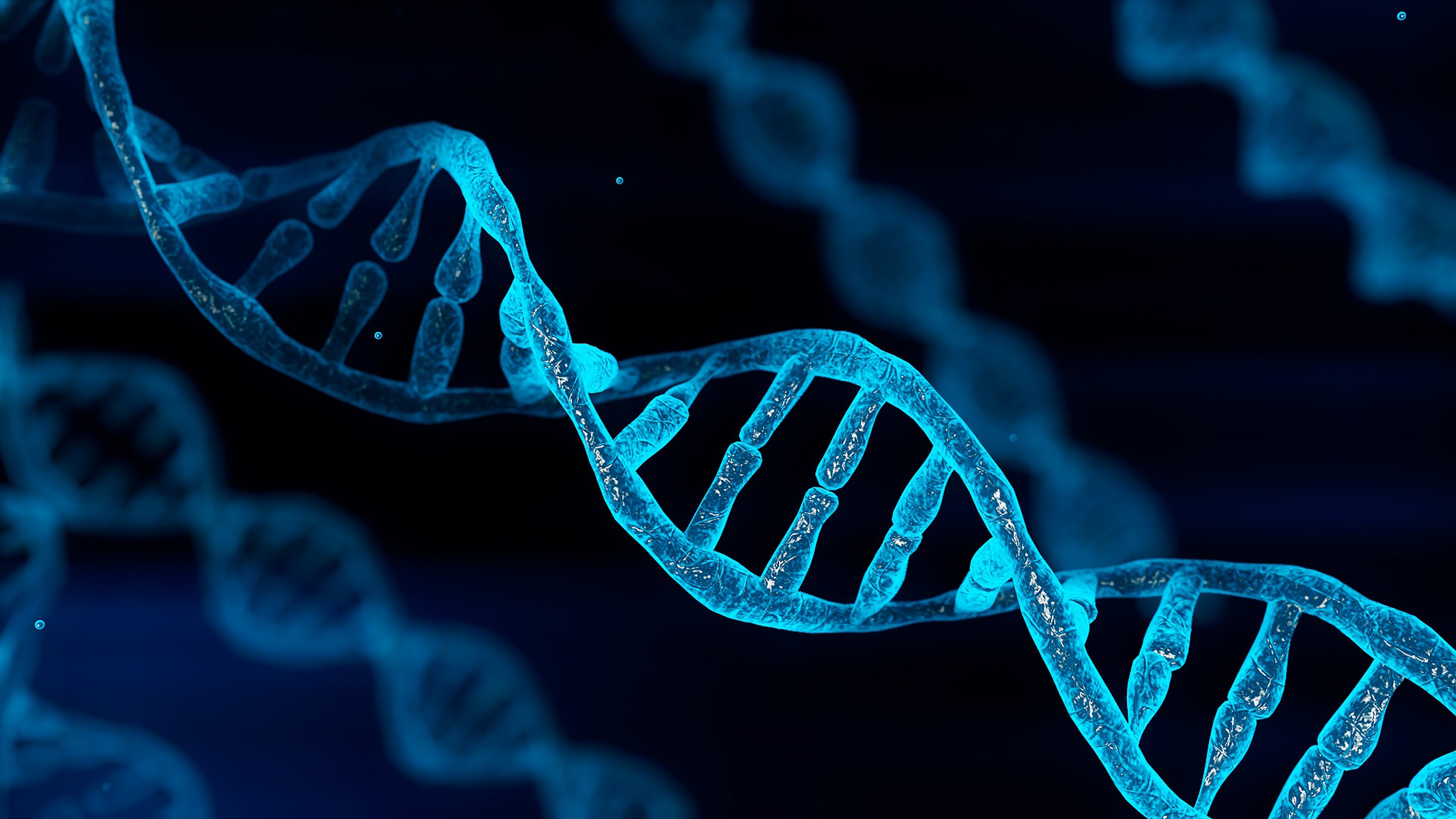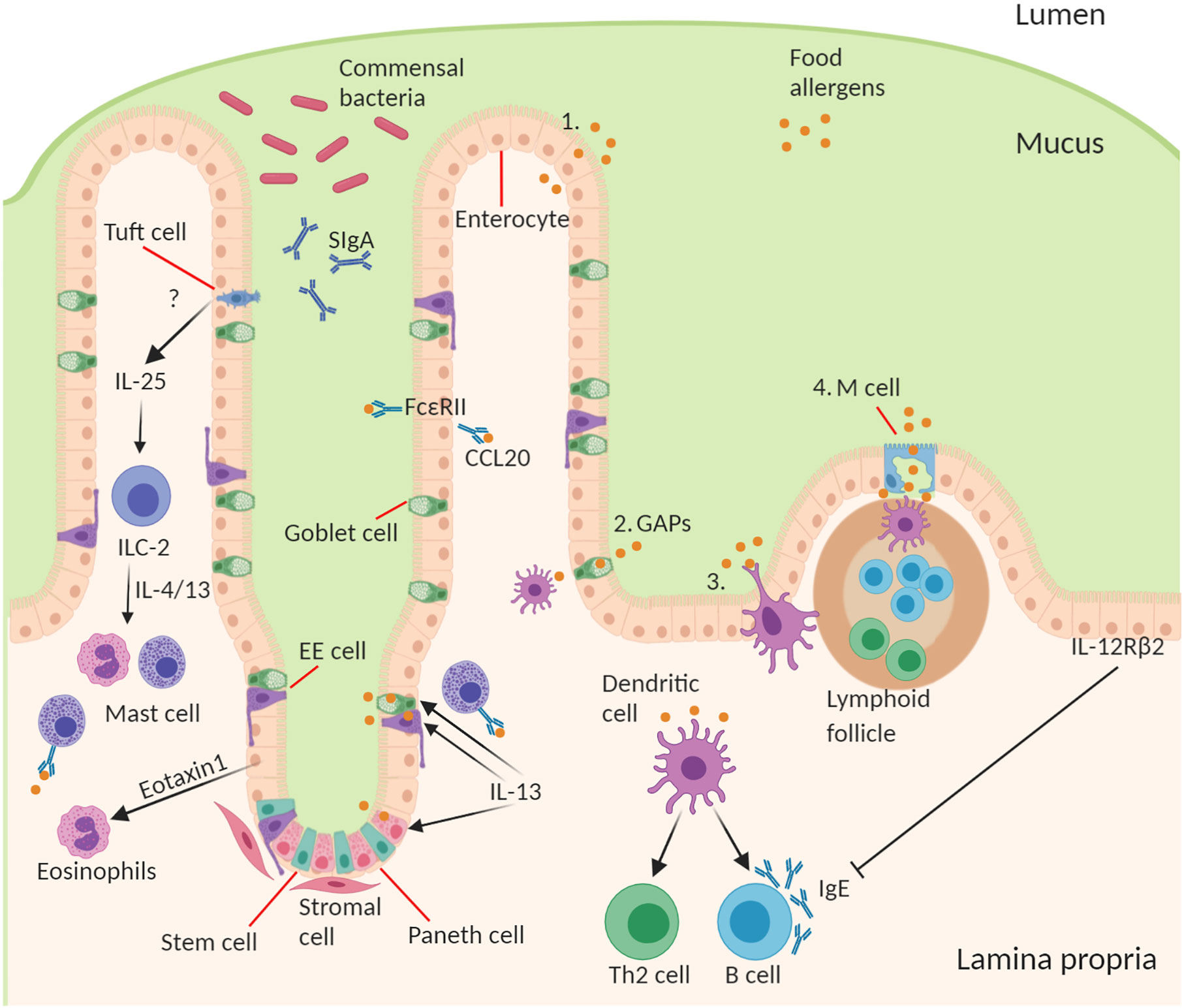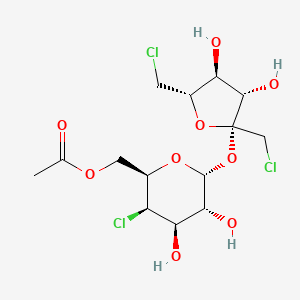New Study Reveals Artificial Sweetener’s Chemical Causes DNA Damage: Is Your Favorite Sweetener A Silent Killer?
Genotoxic effects of sucralose: concerns over health risks and metabolite presence

According to a recent study, sucralose, a usual artificial sweetener sold as Splenda, when metabolized creates a genotoxic molecule. It is called sucralose-6-acetate, which can break up DNA.
Sucralose-6-acetate was also identified in trace concentrations in the sweetener. According to the study, sucralose releases the DNA-breaking molecule, during digestion. This chemical surpasses safe toxicology thresholds and has been linked to genotoxicity and “leaky gut.”

According to a new study, a molecule created when humans digest a common sweetener is “genotoxic,” which means it tears up DNA. The substance is also detected in tiny quantities in the sweetener, raising concerns about how the substance may lead to health issues.
Sucralose, a popular artificial sweetener marketed under the brand name Splenda®, is at issue. Previous research by the same team found that sucralose causes the production of many fat-soluble molecules in the stomach.

Sucralose-6-acetate is one of these substances.
“Our new research shows that sucralose-6-acetate has become genotoxic,” explains Susan Schiffman, the study’s accompanying author.
“We also found that sucralose-6-acetate may be present in minor quantities in standard sucralose as before it is eaten and metabolized.”
“To put this in its proper context, the EFSA sets a toxicological concern threshold of 0.15 milligrams per person per day for all genotoxic chemicals,” Schiffman explains.
According to our findings, minuscule amounts of sucralose-6-acetate in just one daily sucralose-sweetened drink exceed this threshold. That doesn’t even take into account the quantity of sucralose-6-acetate created as a metabolite when consumers consume sucralose.”
The researchers undertook a series of in vitro tests in which they exposed human platelets to sucralose-6-acetate and looked for indicators of genotoxicity.
“In a nutshell, we found that sucralose-6-acetate seems genetically harmful and effectively tears down DNA in organisms that are vulnerable to the chemical,” Schiffman adds.
The researchers also looked at the genetic activity of gut cells to see how they responded to sucralose-6-acetate.

“Other studies have suggested that sucralose can harm digestion, so we wanted to explore what was going on there,” Schiffman says.
“We discovered that when we introduced sucralose with sucralose-6-acetate to gastrointestinal epithelial cells, the cells which line your gut wall, both compounds cause leaky gut. They make the gut wall more porous.”
The chemicals cause damage to the ‘tight junctions,’ or interactions, where cells within the gut wall interact.
“An intestinal leakage is an issue because it implies that items that ought to be expelled from the body via feces are instead seeping from the gut and into the plasma.”
The researchers also examined the genetic function of gut cells to determine how they reacted to the introduction of sucralose-6-acetate.
“We found that gut cells that were subjected to sucrose-6-acetate had increased activity in genes linked to oxidative damage, inflammatory reactions, and carcinogenicity,” Schiffman notes.
“This study raises several worries regarding the potential health effects of sucralose and its metabolites. Sucralose’s safety and regulation status must be reconsidered, as evidence mounts that it poses serious hazards.”
“At the very least, I advise individuals to avoid foods containing sucralose. It’s not something you should eat.” The findings back up mounting evidence that artificial sweeteners are dangerous, including a higher risk of heart disease along with cancer.
“Artificial sweeteners have been feared to have cancer-causing properties for many years,” Dr. Danielle Leonardo, who was not involved in the study, said.
“This study influences the validation of this hypothesis. Dr. Leonardo continued, “I believe we are currently operating the fundamental studies for the theory, and the initial evidence is already present.”
Limits And Next Stages In Research
While the findings are concerning, it is unclear how sucralose might damage health on a larger scale. As a result, more research into the impact of sucrose-6-acetate is required, particularly in human studies.
“We are restricted by the reality that these are merely in vitro (test tubes) and animal experiments. So we still have a long way to go before we find their relevance in human patients,” Dr. Leonardo added.
According to Dr. John Damianos, who was not engaged in the research, “the paper examined sucralose-6-acetate in solitary.”
“While this material is a sucralose intermediate, holding up to 0.67% sucralose and hence metabolite, it cannot account for the vast bulk of sucralose eaten. So it is unknown how much it generates in the human intestine,” he explained.
“The findings suggest potentially alarming findings that merit further study,” Dr. Damianos noted, “but do not reflect what infrequent or even regular ingestion of sucralose-sweetened foods and drinks has on health.”
The next stage in research, as stated by Dr. Schiffman, will be to examine the biological effects of sucralose when combined with acesulfame-K, a different artificial sweetener that frequently coexists with sucralose in food items.
Future sucralose studies could involve population-based studies. They could help scientists better understand the relationship between sucralose-6-acetate along with cancer.
“In the future, population-based research on the potential for cancer of sucralose-6-acetate could be considered. However, because cancer is complex, establishing a clear link between cause and effect among sucralose-6-acetate with cancer will be difficult.”
“Nonetheless, this evidence indicates that consumers should be more cautious when consuming such artificial sweeteners and switch to other safer choices,” Dr. Danielle Leonardo said.
Artificial Sugar Vs. Natural Sugar
If someone is debating whether it’s better to have less refined sugar or more artificial sugar, the answer could ultimately depend on how much they ingest.
According to the American Dietary Guidelines, persons over the age of two must restrict the amount of sugar they consume to a maximum of ten percent of the daily calorie intake. Or a maximum of ten teaspoons of sugar each day.
No sugar added to foods should be consumed by kids under the age limit of two. Nonetheless, health experts warn that 10 tablespoons of sugar each day could be too much.
For example, the AHA advises no more than six teaspoons of sugar each day for women and 9 teaspoons per day for men. “There is also evidence that certain sugar substitutes may be harmful,” Dr. Damianos stated.
Experts recommend following a healthy eating pattern that emphasizes whole foods and minimizes processed meals and sugary foods for overall wellness.
A balanced diet, according to Dr. Damianos, is “consistently related to better health results.” Experts advise avoiding additional sugars as frequently as feasible, including natural sugars like honey or agave.
When it comes to sugar alternatives, you may choose stevia or just monk fruit instead of artificial sweeteners, but consult your doctor first, especially if you’re suffering from a health concern like diabetes.
Given the dangers of sugar that have been refined, Dr. Damianos advises his patients to opt for healthier low- or no-sugar options.
“Instead of highly manufactured foods and beverages for satisfying that sweet tooth, select fruits with naturally occurring sugars combined with a great deal of health-promoting fiber and phytonutrients,” he continues.
“Date sugar plus Yacon syrup are distinct sugar substitutes that have a glycemic index that is lower than sugar. They can offer health advantages and make excellent baking ingredients.”
He also recommends patients review the entire diet, with a focus on boosting dietary fiber and good fats, which help to reduce the insulin increase.
Proofread & Published By Naveenika Chauhan





